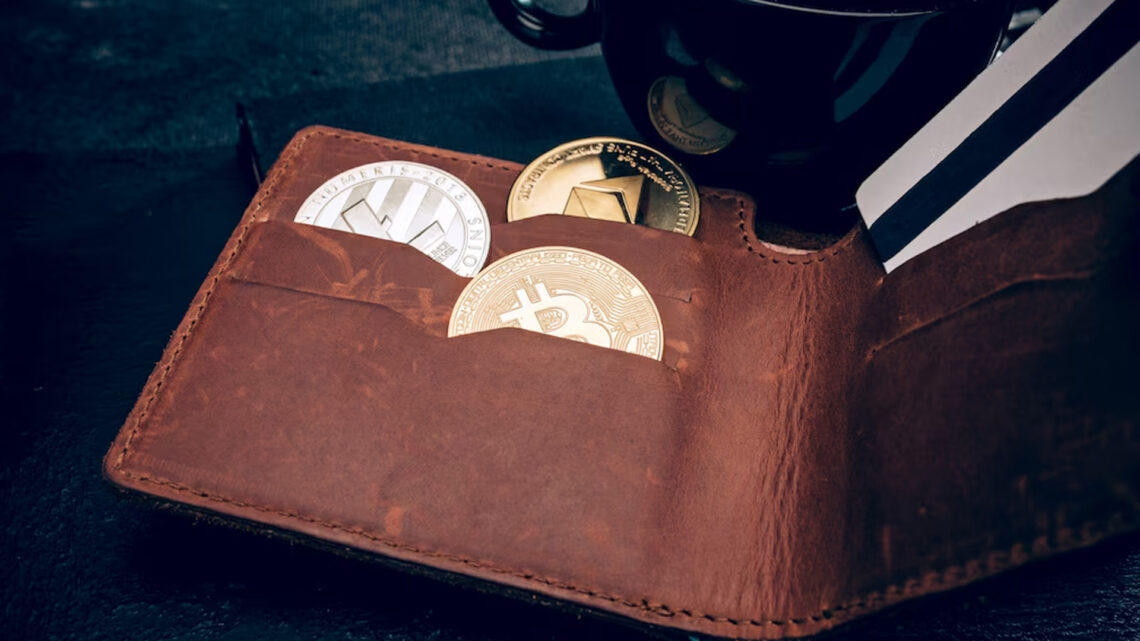- 1 Cryptocurrency wallets are important tools for storing and managing cryptocurrencies.
- 2 There are different types of crypto wallets namely the Hot and Cold wallets.
- 3 Some of the best practices to secure your crypto wallets include activating Two-Factor Authentication (2FA) among others.
Cryptocurrency wallets have become an important tool for storing, sending and receiving digital assets. They have become the cornerstone of blockchain technology and for those new investors who are joining the cryptosphere, cryptocurrency wallets are a necessity.
Cryptocurrency Wallets
These are programmed tools that store and manage digital assets known as cryptocurrencies. They are different from the traditional physical wallets in a way that they do not control physical currency. A cryptocurrency wallet has a public and private key and these keys serve as the password that grants one access to their belongings. This helps them control their crypto assets without relying on a third-party performer.
Two common types of cryptocurrency wallets include hot wallets and cold wallets.
Hot Wallets- These are simply wallets that are linked to the internet. Hot wallets are suitable for transactions since they allow easy sending and receiving of cryptocurrencies. But one disadvantage of hot wallets is their vulnerability to being hacked since they are connected to the internet.
Cold Wallets- For cold wallets, private keys are stored offline thus making them impenetrable to online attacks. They can be in the form of hardware wallets or paper wallets. They are also used for keeping large quantities of crypto assets for a long time thus reducing security breaches.
Best ways to secure your crypto wallets
1. Choose a reliable Wallet
It is good to choose a wallet that is deep-rooted and has trusted providers. One can do research so as to gain more knowledge about the performance of wallets. It is important for one to prioritize the security of their assets over convenience.
2. Enable Two-Factor Authentication (2FA)
Two- factor Authentication is popular because of Google, which has a trusted security system. Two-factor authentication is usually a code which requires one to always add it whenever you are logging into your wallet. It adds an extra layer of protection to your crypto wallet through its method of asking for the second verification form thus preventing unauthorized access.
3. Back up your Wallets
It is important to always store your wallets’ private keys offline. A good way to avoid losing access to your wallet would be to create a secure backup of your private keys and store them in multiple locations offline. It is also important to avoid digital backups and storing of keys in cloud storage so as to avoid them from being hacked.
4. Always keep your software updated
It is advisable to always keep checking to get updated on the new software. Updating your wallet software will help ensure you are provided with the latest security features.
5. Be careful of Phishing Scams
This has become a common cyber threat and many users have been lured into revealing their sensitive information in phishing attacks. They deal with their threats through Facebook or fake applications that might look legitimate.
6. Use a strong Password
It is advised to choose a strong password which is unique and has a combination of both the upper and lower-case letters. Try to avoid putting information like your name, or age since they can be guessed easily.
Bottom Line
It is always good to understand various wallets and what security measures they have. Always keep yourself updated with the latest security measures to avoid risks to enjoy the benefits of investing in cryptocurrency with minimal threats.

With a background in journalism, Ritika Sharma has worked with many reputed media firms focusing on general news such as politics and crime. She joined The Coin Republic as a reporter for crypto, and found a great passion for cryptocurrency, Web3, NFTs and other digital assets. She spends a lot of time researching and delving deeper into these concepts around the clock, and is a strong advocate for women in STEM.


 Home
Home News
News










